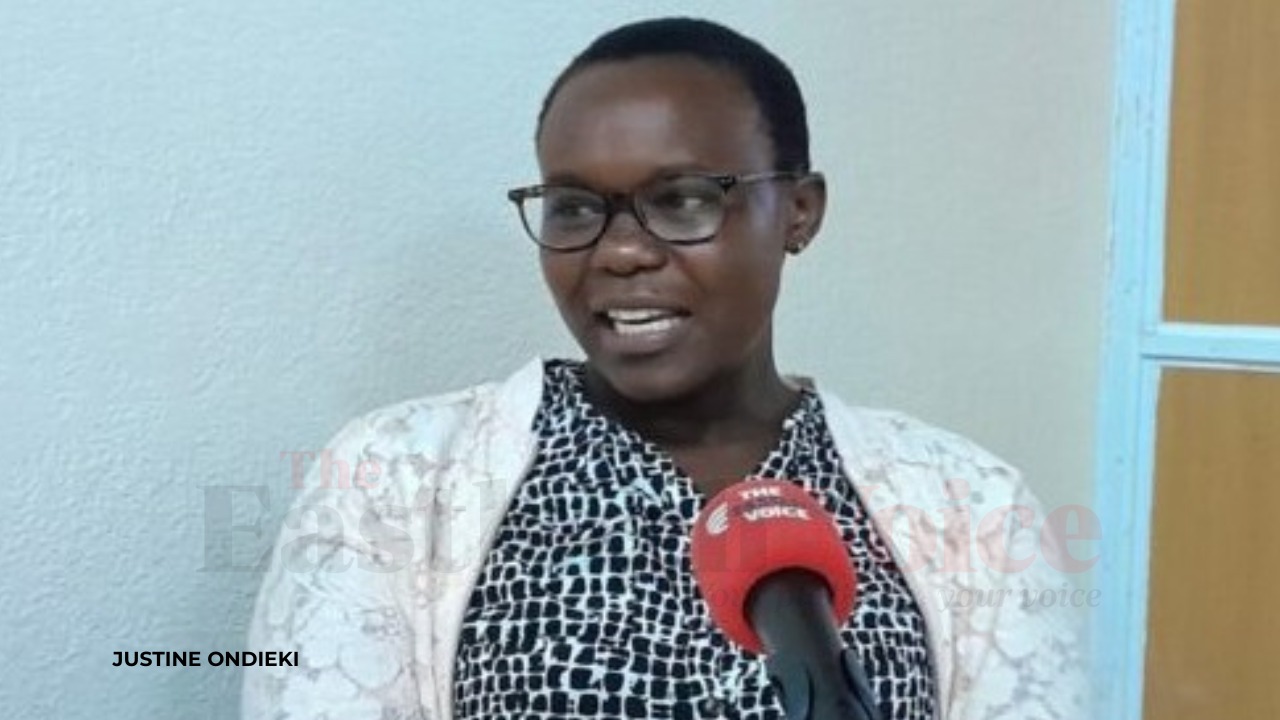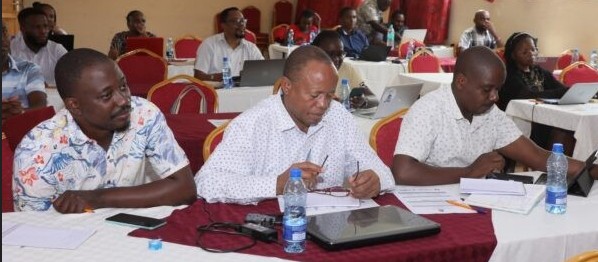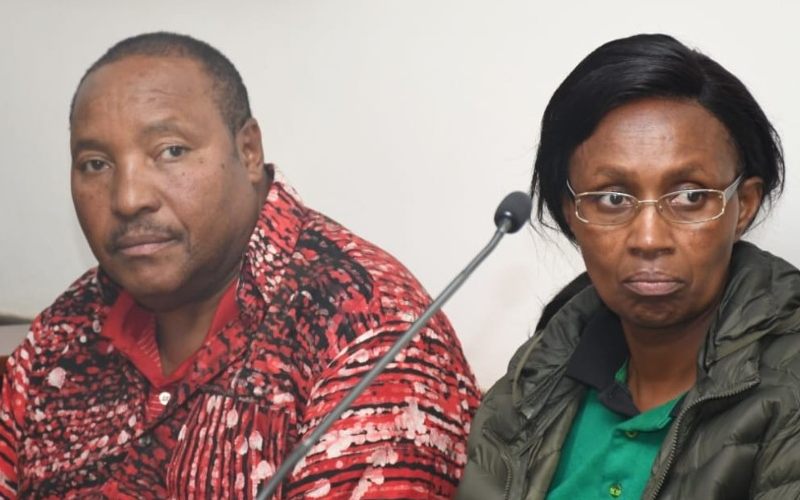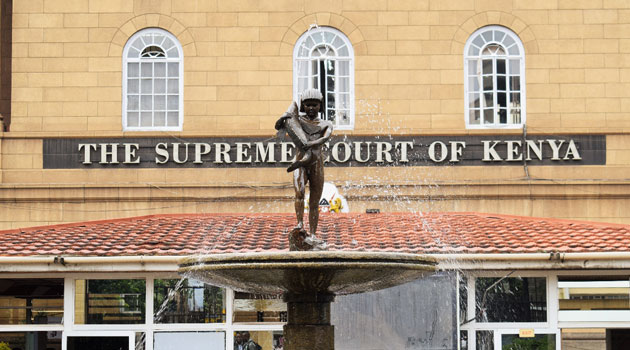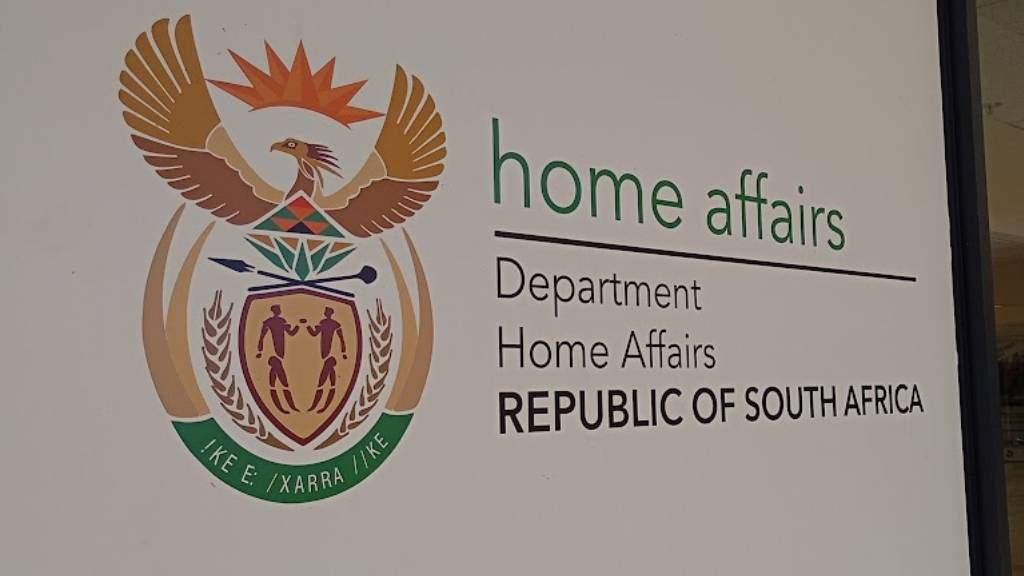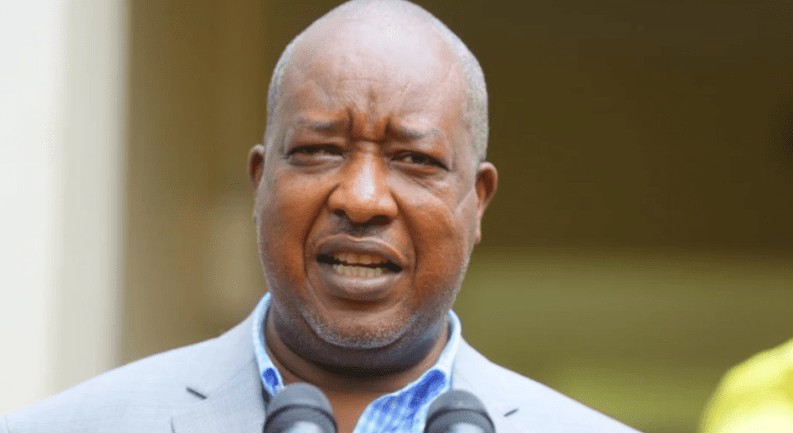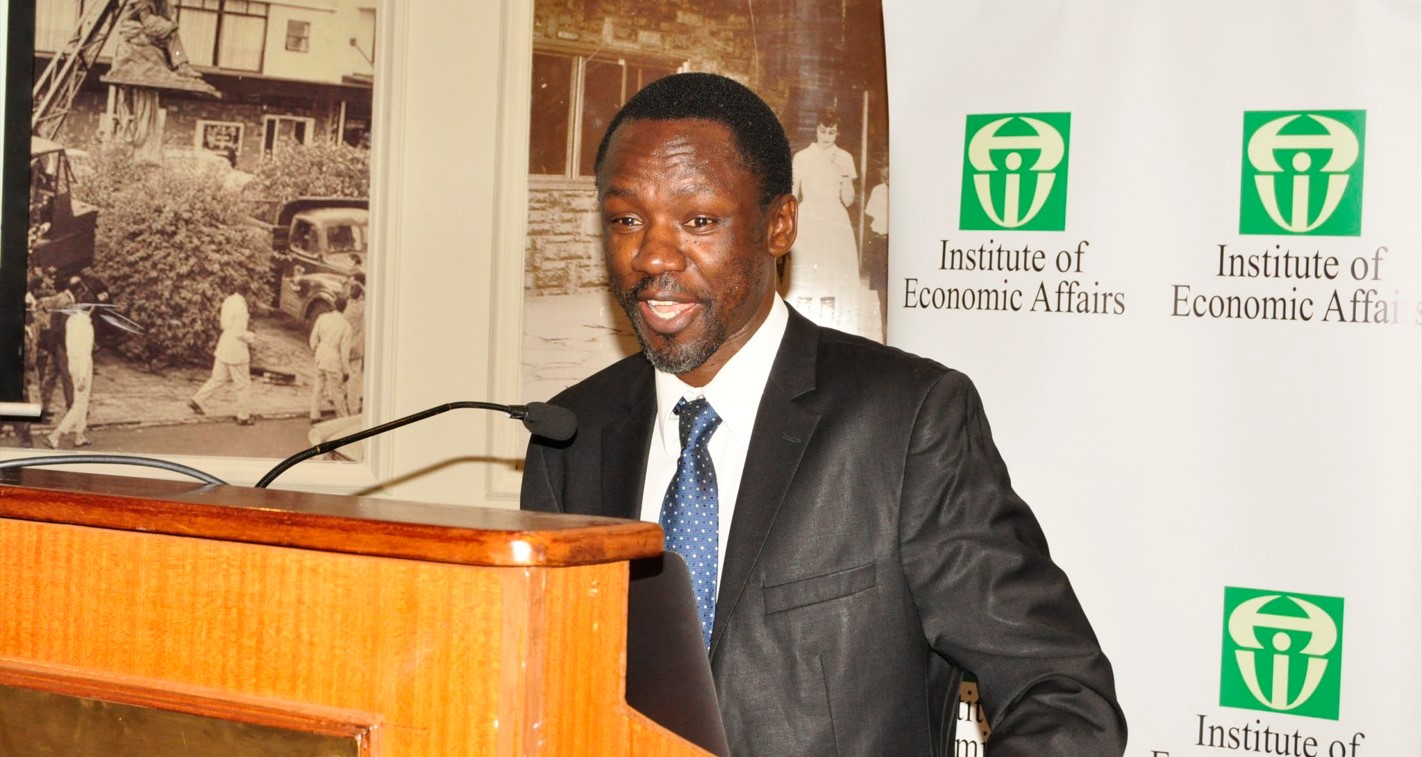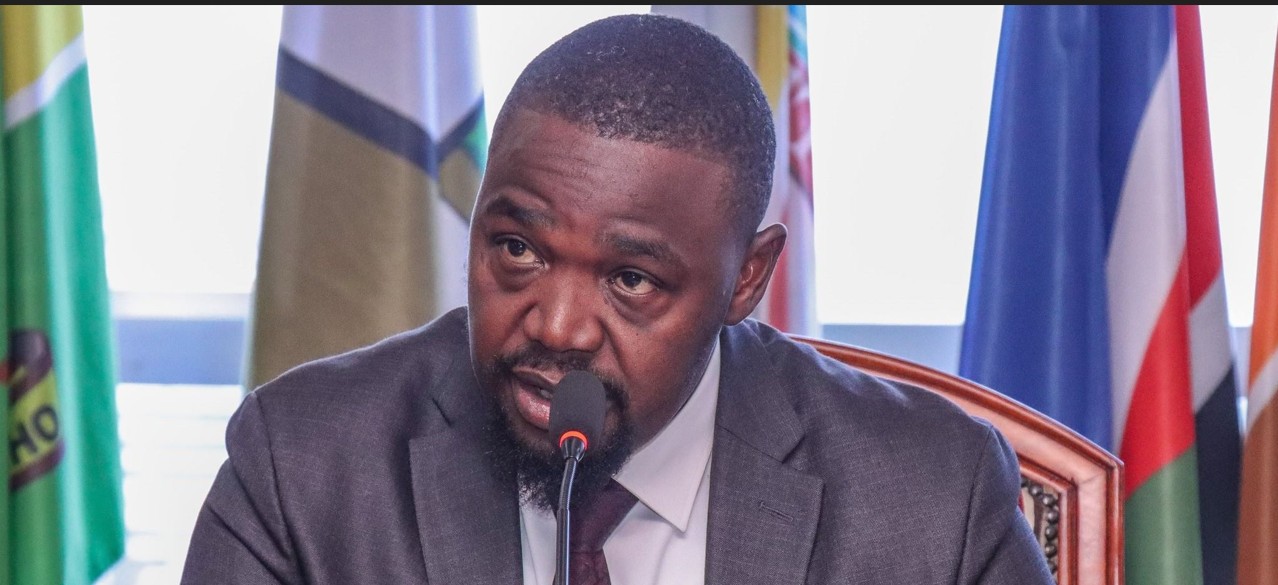Parents urged to vaccinate girls under 15 against HPV as part of cervical cancer prevention
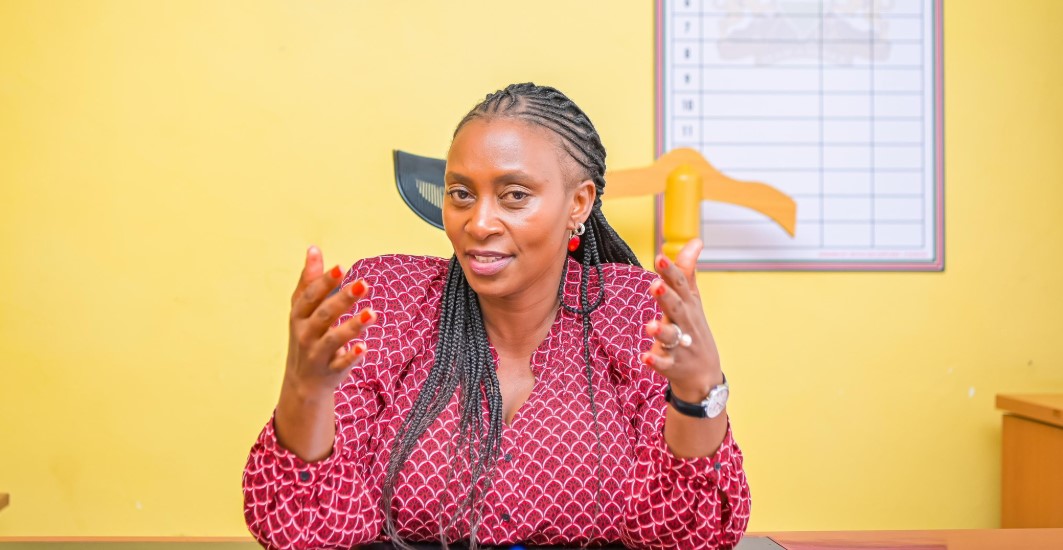
The Ministry of Health, through its community health promoters, has embarked on a campaign to raise awareness about the vaccine and its role in preventing cervical cancer.
The government has called on parents to ensure their daughters under the age of 15 years are vaccinated against the human papillomavirus (HPV) in a bid to curb cervical cancer cases.
Public Health Principal Secretary Mary Muthoni urged parents to prioritise the vaccine, assuring them of its safety. She said it is part of efforts to fight the disease during January’s cervical cancer awareness month.
More To Read
- Kenya reports progress in HPV vaccination, still short of WHO target
- 10 runners race up Mt Kenya in 10 hours to honour women lost to cervical cancer
- Kamukunji rallies against vaccine myths as leaders take immunisation door-to-door
- Cervical cancer screening in Kenya alarmingly low with only 1 in 4 women tested
- Kamukunji’s Kinyago Kanuku hosts groundbreaking breast and cervical cancer screening
- HPV blood test shows promise for early detection of multiple cancers, study finds
“It is very critical at this time that any girl below the age of 15 should be taken for HPV vaccinations,” she said during a church service at Mung’ang’a ACK Church in Mathigaini, Kirinyaga County on Sunday.
The Ministry of Health, through its community health promoters, has embarked on a campaign to raise awareness about the vaccine and its role in preventing cervical cancer.
Muthoni also urged women aged 25 to 50 to undergo cervical cancer screening every five years, starting at the age of 25, to detect precancerous changes early and begin timely treatment if necessary.
She reiterated that the government remains dedicated to reducing cervical cancer cases through vaccination and awareness initiatives, calling for cooperation from families across the country.
Cancer deaths
Cancer has been named the third leading cause of death in Kenya, with 44,726 new cases and 29,317 deaths reported annually, making it the second most common non-communicable disease in the country.
Addressing the issue at the 8th Kenya International Cancer Conference in Kisumu last year, Health Cabinet Secretary Deborah Barasa stressed the importance of collective action in bridging gaps in cancer care.
She emphasised the need for early detection and equitable treatment to combat the rising cancer cases.
Barasa announced plans to decentralise cancer care by establishing regional cancer centres aimed at easing the burden on referral hospitals and bringing services closer to communities.
She noted that operational facilities in Nakuru, Mombasa, and Garissa will be expanded, with new centres in Kisumu, Kakamega, Meru and Nyeri.
The government’s commitment to Universal Health Coverage (UHC) has also led to the inclusion of cancer care in the Social Health Insurance Fund (SHA), helping reduce the financial strain on patients.
Acknowledging the shortage of specialists as a major challenge, Barasa pointed out that the government is actively expanding training for oncologists, pathologists, and oncology nurses to address the skills gap.
The Ministry of Health said it is in the process of setting up a national cancer reference and research laboratory to enhance diagnostics, support clinical trials, and improve patient outcomes.
She insisted that the measures are part of the government’s broader efforts to improve cancer care and reduce its impact on the population.
Top Stories Today
